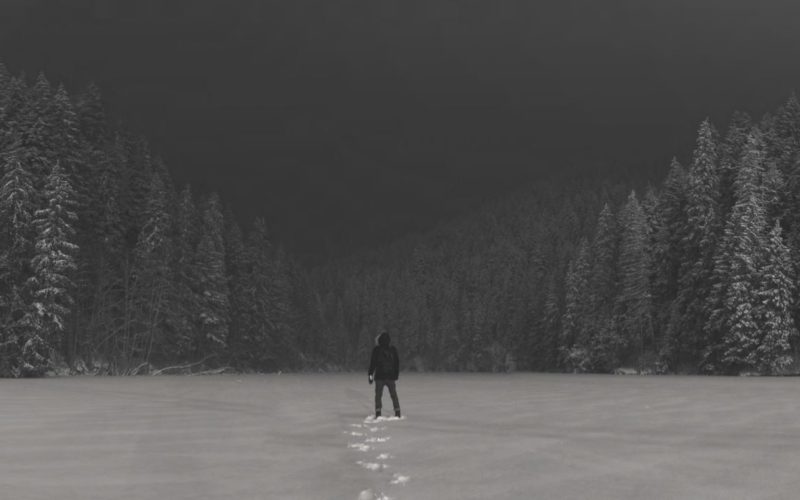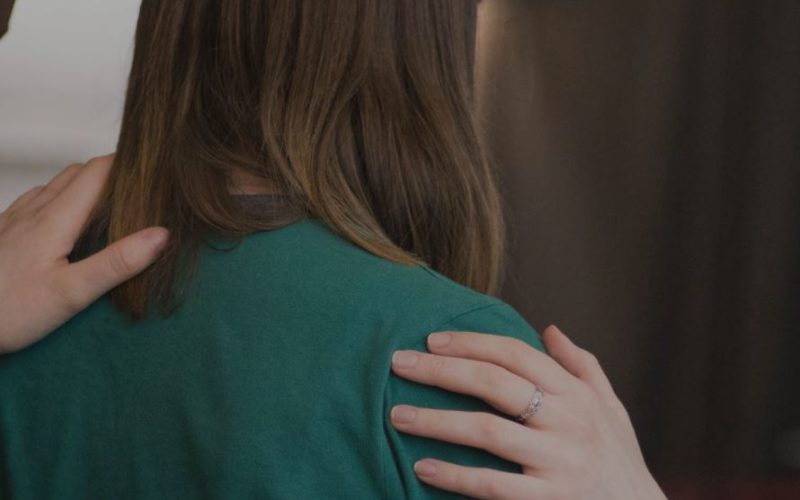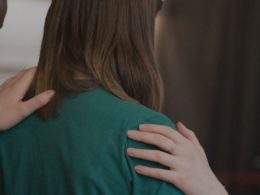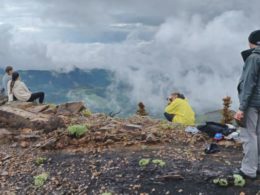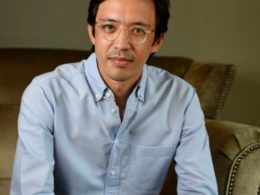By N Bhyat
“Are you dead?”
One minute I was high in the branches, the next I hit the dirt with a thump that raised red dust and walloped the air from my lungs. I looked up at the leaves as my friends shimmied down fast enough to leave skin on the bark.
“I’m going to tell your mother!” one yelled, staring down at my blank face, while the other melted indoors, certain we’d be in trouble.
Alone, after a few minutes, my breath steadied. Deciding I was only half-dead and not impaled by sharp sticks, I struggled up and stumbled home amid air sweet with the scent of burning grass. My ribs hurt and it was a very long walk.
This wasn’t my first accident running, climbing, or cycling, nor was it the last long walk home. A running fall led to a knee injury, a tour of the Dutch emergency medical system, and the near cancellation of my breakout role as a shepherdess in the class nativity play. A bike crash led to metal jabbing into my palm and a tetanus shot. Activities where things might go colorfully sideways were, it seemed, my specialty.
With age, I began to understand that mental or emotional risks could be involuntary and more impactful than gravity. Returning to my passport country, Canada, for example, was far more intimidating than climbing the thin waving branches of a monkey puzzle. The school year didn’t sync up with my old year, and in the middle of the semester when I arrived, the rules of baseball, music notation, and French grammar all eluded me.
“J’ai regardé, tu as regardé, il a regardé. Mais faites attention! Je suis allé, tu es allé, il est allé, nous sommes allés!”
Conjugating irregular verbs proved harder and more tedious than gaining language by rough immersion and hearing the syllables clang against your ear. More complex still were the invisible social rules of my school, which didn’t follow any rules that I knew. How was I supposed to know what brands were hot, what music was cool, and what paper-bag lunches were either acceptable or gross?
On afternoons when I left our red brick school, kicking at piles of red, orange, and yellow leaves under trees that grew sparse and spindly, so unlike the tropics, my backpack pressed heavily onto my shoulders and the walk home felt longer than the day I fell from the tree. There were no friends to run for help here: I needed to make new friends who didn’t mind hanging with a weird new kid who didn’t know anything a local was supposed to know.
Splashing down onto home turf felt uncomfortable, too, in ways I didn’t expect. It took concentrated effort to uncramp my writing that jammed pages of foolscap in a thicket of narrow, illegible sticks.
I’d spent years in a place where paper was in short supply and wasting it drew the teachers’ wrath: “This is not the place to indulge your loops and whorls! That is for the fairground!”
By contrast, paper forests in my passport country rolled to the horizon and my classmates’ pens skimmed the page as loose and lazy as dragonflies.
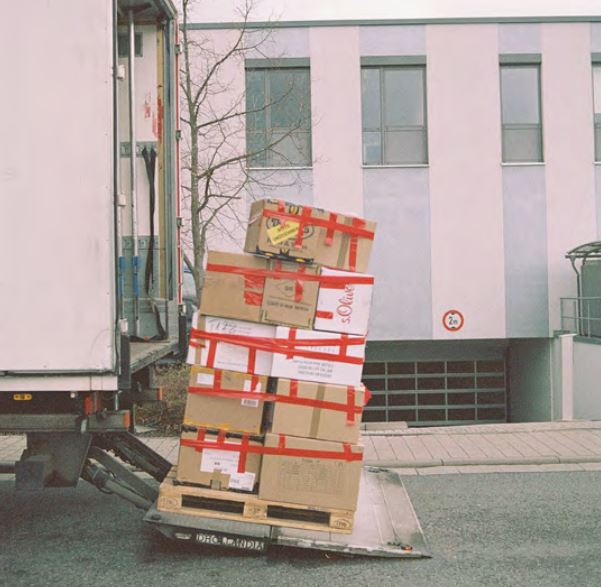
Moving home turned out to be an extended lesson in learning, unlearning, sorting through much of what I’d learned overseas, and stowing it away in mental boxes high on a disused shelf.
I developed a new skill to navigate the natural hazards lurking in the social hierarchy of my school. Falling from a tree hurt, but tumbling from the heights of complex social structures could injure worse. Like many TCKs, I understood to avoid mentioning my years abroad or risk being tagged as weird, strange, or suspiciously foreign and best kept at arm’s length. In some instances, it could prompt my classmates to recoil like a chorus of hissing mambas.
“OMG! You lived in one of those poverty countries!”
More than one, but I left that out. It was impossible to explain vast swaths of the world to classmates with hazy impressions of many places all squeezed together and only glimpsed in news clips of chaos and disaster.
Other natural hazards proved harder to sidestep. One year, our teacher asked an artistic classmate to draw logos for us to use as signatures on poems we would all write and illustrate. My classmates’ logos highlighted their personalities. The artistic classmate beamed as she presented mine and I smiled back.
“This one means the color black,” she said, “because that’s what I think about when I think of you.”
My classmate and I had sat in the same class for over a year and toasted gooey marshmallows at a birthday sleepover where the burned sugar made me think of sweet smoke and burning grass. Our friend’s sleepover was how I knew how loud she snored. Yet in my classmate’s eyes, I was known solely by color and was supposed to feel complimented by it.
That day, the walk home smelled of damp leaves and rotting snow.
My classmate wasn’t the only adult or child to express ideas like hers, along with a universe of incorrect assumptions that went with it. TCKs are adept shapeshifters and code-switchers but there was no shifting or adapting to such narrow boxes, which held a destructive, limiting impact that seeped inside.
When I submitted my poem, the teacher wrote, “You didn’t include a logo. -2 marks. Take care to complete your work.”
I couldn’t begin to explain it to the teacher. Like falling from a tree, the risk stung but it was worth a silent protest to remain, even if only to myself, a full person in three dimensions.
My home country became more cosmopolitan over time and the world reopened at university in an international residence. Most of the students there were international or locals whose lives had crossed cultural boundaries in some way. In the icy dark, we tobogganed on plastic cafeteria trays down steep hills and laughed and debated late at night. It was serendipitous risk-taking and one of the best decisions of my life.
After graduation, I bought a plane ticket and went to work in the lands of monkey puzzles, hoopoes, and other places. Airplane seats and rolling wheels held a deep and comfortable familiarity, down to the salty meals with foil lids. No longer a young TCK with a tiny backpack, I was a different person, and, in the time since, shifting demographics had washed some international influence over my home country. I buckled my seatbelt, pushed back into the seat, and inched onto a new branch.
I had no idea if the tree I was climbing in this new chapter had lush foliage, broad branches or smooth bark, nor how far up I could go. I did know that if I fell, many long walks in many places had taught me how to find a way home.
N. Bhyat is a TCK who lives in Canada and grew up in the Netherlands, Botswana, and Zimbabwe. She has since worked and studied in parts of Asia, Africa, and Europe and still has an interest in colorful risks and cross-pollinating connections.






